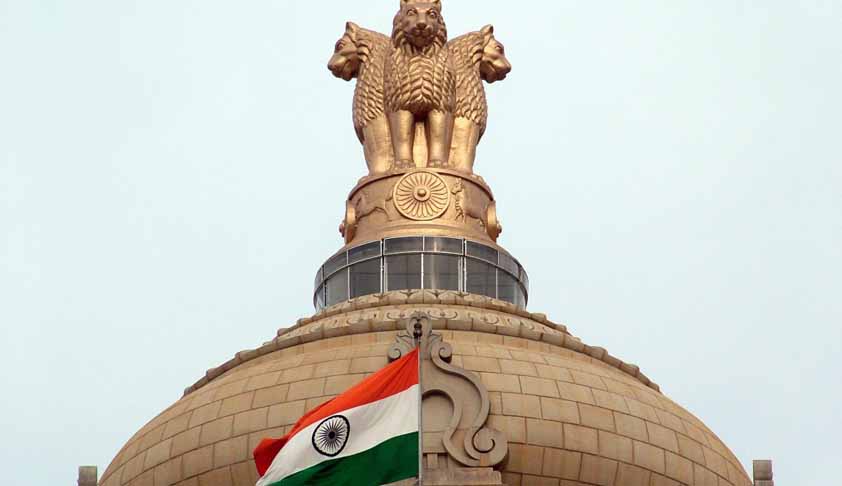No Proposal to raise the Retirement Age of SC, HC Judges, enhancement of salary under consideration: Centre
Anju Cletus
12 Dec 2015 10:47 AM IST

Next Story
12 Dec 2015 10:47 AM IST
The central government today informed the Rajya Sabha that there is no proposal to increase the retirement age of judges of Supreme Court and High Courts under consideration of the government. Replying to a question on raising salaries and allowances of judges, Law Minister DV Sadananda Gowda said, "It will take place once the salary of Secretaries to Government is re-fixed.”On the entry...
